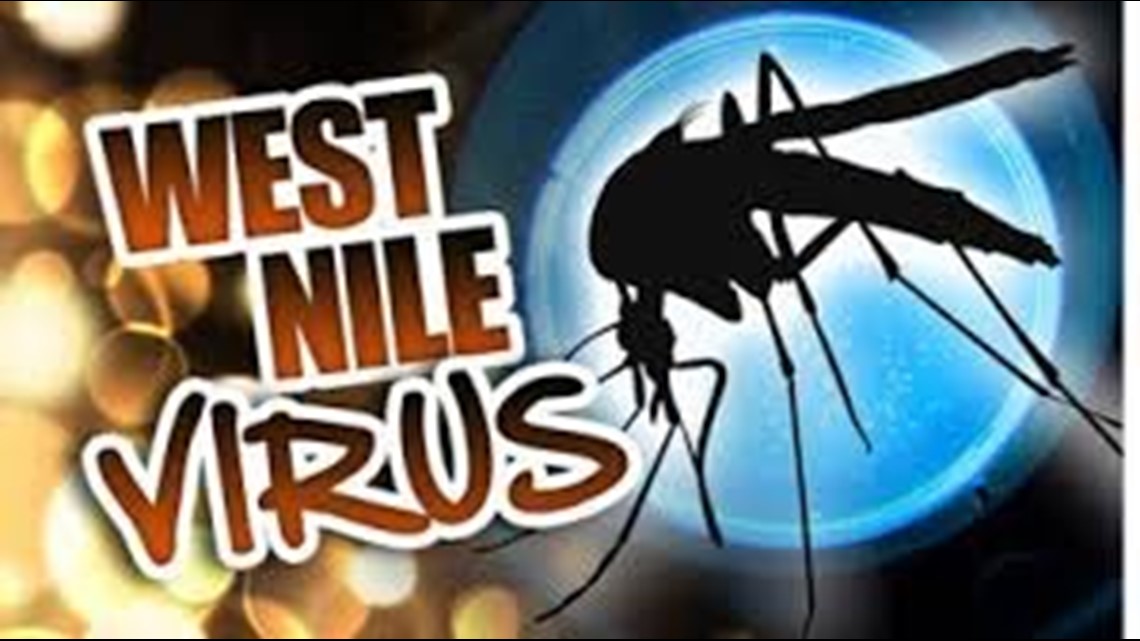

Pennsylvania’s first probable human cases of West Nile Virus (WNV) infection in 2013 have been detected. A Montgomery County man was hospitalized due to WNV. A York County man has also tested positive for the infection, but was not hospitalized.
The departments of Health and Environmental Protection strongly urge residents to minimize their exposure to mosquitoes.
“Our first positive human case of West Nile Virus serves as a reminder of the importance of prevention and education,” Secretary of Health Michael Wolf said. “There are a few simple steps we can all take to help prevent the spread of this virus among our families and in our communities.”
Department of Environmental Protection (DEP) conducts regular surveillance and control to manage mosquito populations around the state. So far, DEP has detected WNV-infected mosquitoes in 36 counties. However, it is likely that WNV is present in other areas as well.
The results of statewide sampling of more than one million mosquitoes have indicated relatively low amounts of WNV in that population. This year, Pennsylvania is seeing localized outbreaks of WNV, as opposed to the statewide outbreak experienced last year.
“DEP has worked diligently all summer long to monitor and control the mosquito population,” Acting DEP Secretary Chris Abruzzo said. “We are committed to continuing this effort until West Nile Virus no longer poses a threat to our health.”
The mosquitoes that transmit WNV breed in areas with standing and stagnant water. These areas can include urban catch basins, clogged gutters, discarded tires, poorly maintained swimming pools, flower pots and other types of plastic containers.
Simple steps to eliminate standing water around the home include:
- Remove tin cans, plastic containers, ceramic pots, discarded tires or any object that could collect standing water. Drill holes in the bottom of recycling containers left outdoors.
- Have roof gutters cleaned every year, particularly if the leaves from nearby trees have a tendency to clog the drains.
- Turn over plastic wading pools and wheelbarrows when not in use.
- Do not let water stagnate in birdbaths.
- Aerate ornamental pools, or stock them with fish.
- Clean and chlorinate swimming pools, and remove standing water from pool covers.
- Use landscaping to eliminate standing water that collects on your property.
- Treat standing water that cannot be eliminated with Bti products which are sold at outdoor supply, home improvement and other stores. Bti is a natural product that kills mosquito larvae, but is safe for people, pets, aquatic life and plants.
Although mosquitoes can bite at any time of day or night, they are most active at dawn and dusk. When outdoors, people can avoid mosquito bites by properly and consistently using DEET-containing insect repellants and covering exposed skin with lightweight clothing. To keep mosquitoes from entering a home, make sure window and door screens are in place and are in good condition.
DEP will continue to survey affected communities to monitor the size and scope of the WNV. When necessary, DEP will conduct larval and adult control activities in order to lessen the threat to human health. These efforts will continue through October.
For a fact sheet on WNV, including symptoms, please visit the Department of Health’s webpage, www.health.state.pa.us, and click on “West Nile Virus Fact Sheet” under “What’s Hot.”
For more information, including current test results for mosquitoes, birds and horses, visit www.westnile.state.pa.us and click on the Pennsylvania map, or call 1-877-PA HEALTH.
